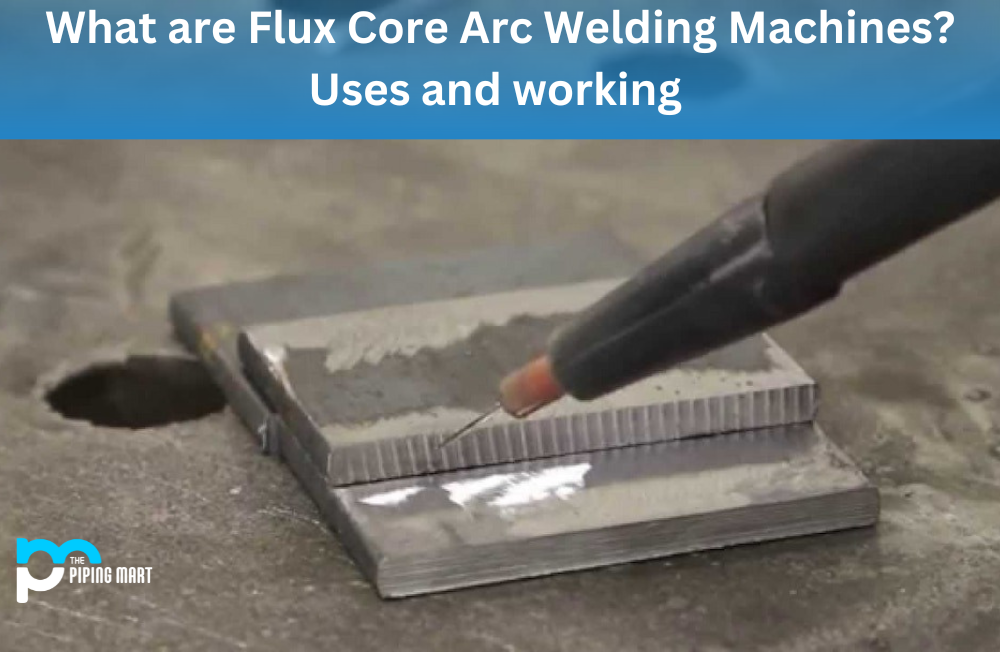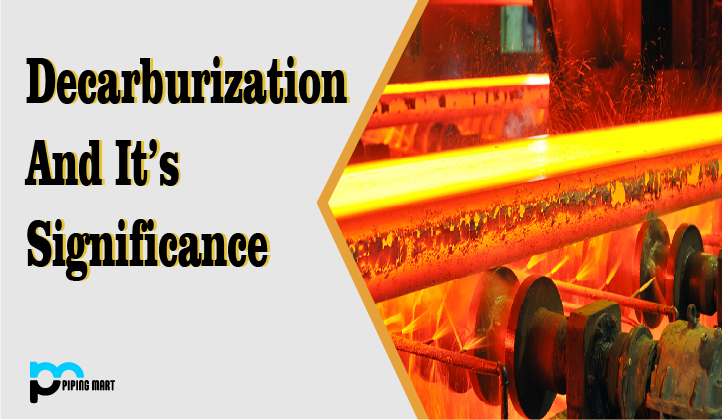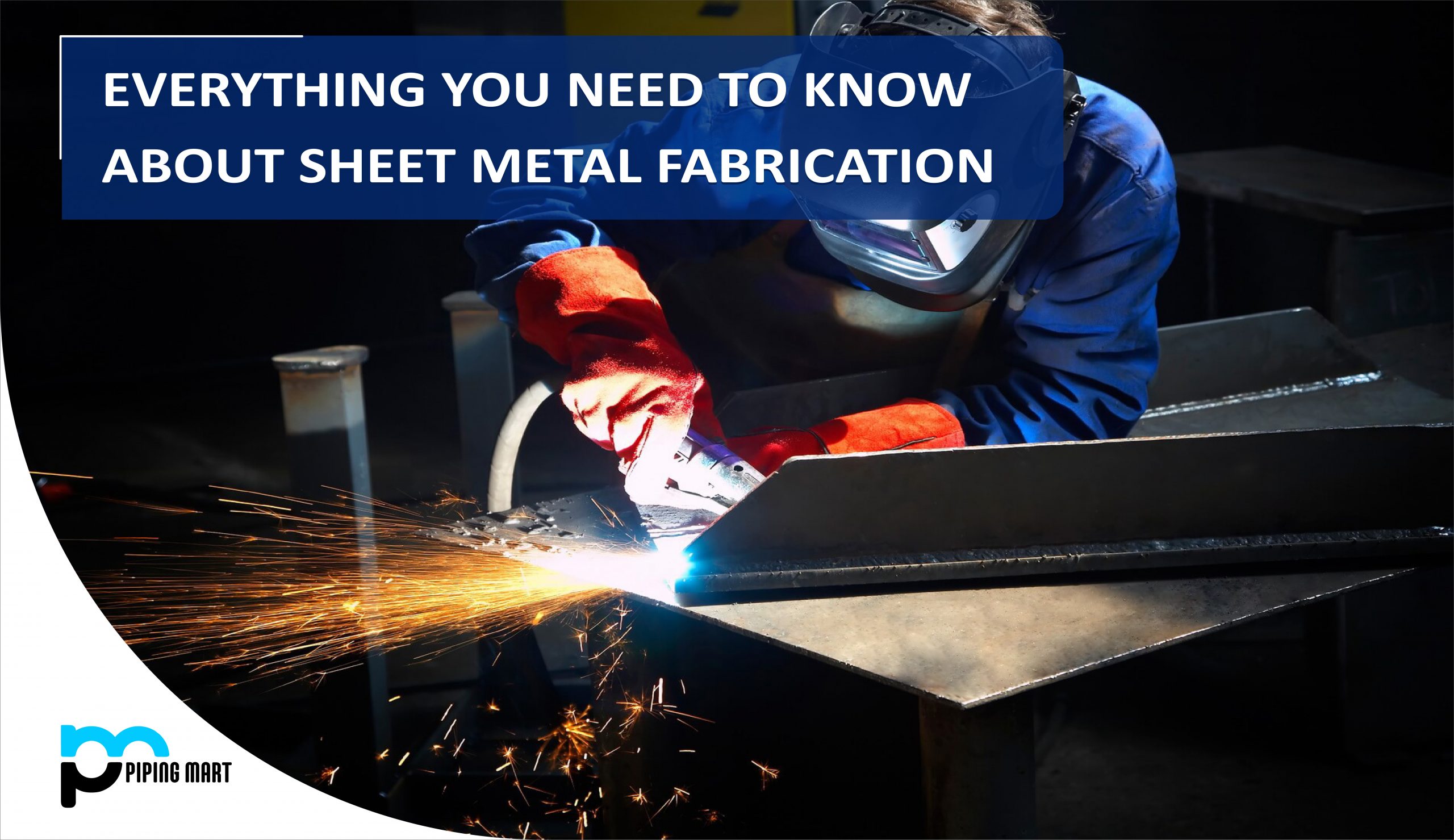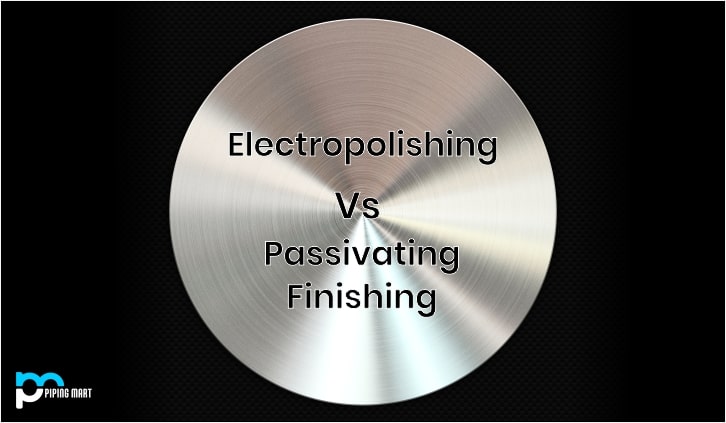If you’re looking for a welding machine that can handle your most demanding projects, then flux-core arc welding machines are the way to go. This blog post will explore exactly what flux core arc welding is, how it works, and what uses this type of machine is best suited for. Read on to learn more!
What is Flux Core Arc Welding?
Flux core arc welding (FCAW) is an automated or semi-automated arc welding process in which a tubular wire electrode containing a flux and a shielding gas is fed through the gun into the weld pool. This process produces high deposition rates and can be used for many metals, including carbon and stainless steel. Unlike metal inert gas (MIG) welding, FCAW does not require an external shielding gas source, as the flux protects from contamination. As such, it is often referred to as “self-shielded” or “gasless” welding.
How Does It Work?
Flux core arc welding machines pass an electric current through a consumable wire electrode that contains both flux and shielding gas. The electric current melts the wire and base material simultaneously, forming a molten weld pool that cools quickly to form the desired weld joint. The flux component of the wire electrode helps protect the weld area from contaminants while providing additional strength and stability to the finished weld joint.
Flux Core Arc Welding Machine Uses
Flux core arc welding machines are particularly useful for outdoor applications where access to an external shielding gas source may not be possible or practical. They are also well-suited for applications in which thick materials must be joined together due to their high deposition rate capabilities. In addition, FCAW machines provide excellent portability due to their small size and weight compared with other types of welders.
Conclusion:
Flux core arc welding machines are a great choice for those who need reliable performance on tough jobs without access to an external shielding gas source. Their self-shielded design makes them ideal for outdoor applications, while their high deposition rate capabilities make them suitable for joining thick materials together quickly and effectively. With all these advantages in mind, it’s easy to see why these powerful machines have become so popular among professional welders today!
Meet Heer, a dynamic and driven writer learning tricks of her trade in the metal industry. With a background in Digital Marketing, Heer brings a unique perspective to her writing, sharing valuable insights. Apart from blogging she like reading and hiking.




